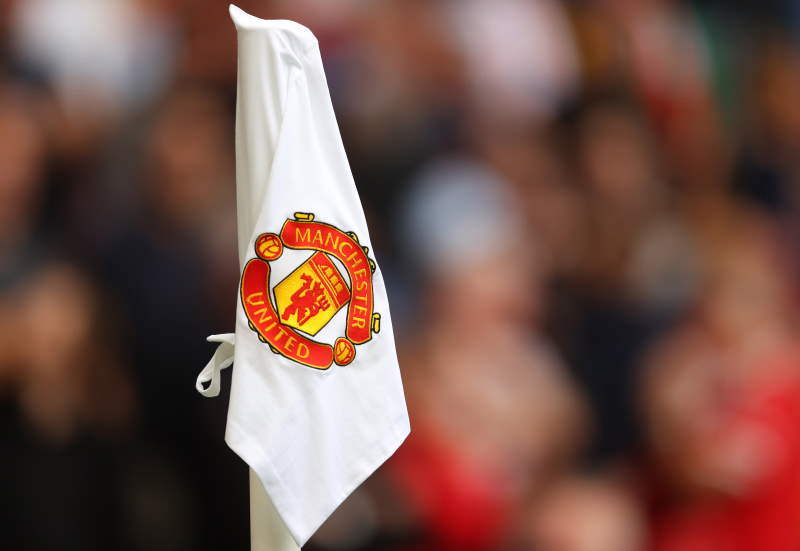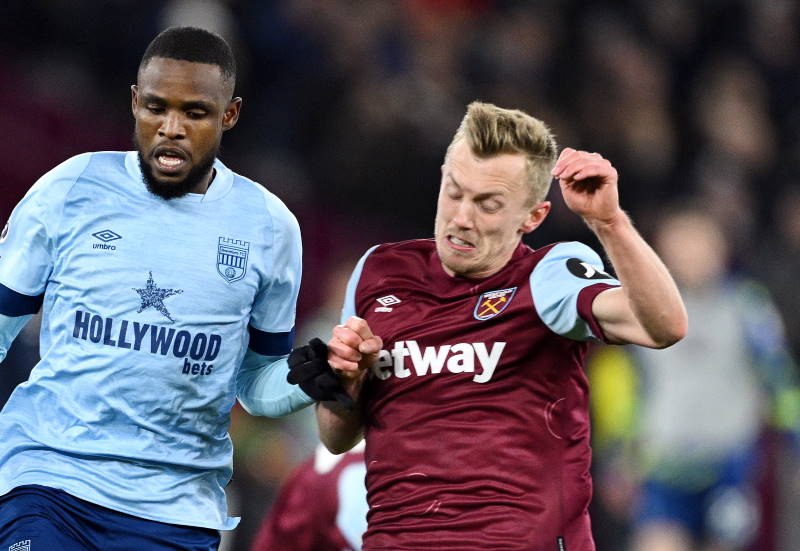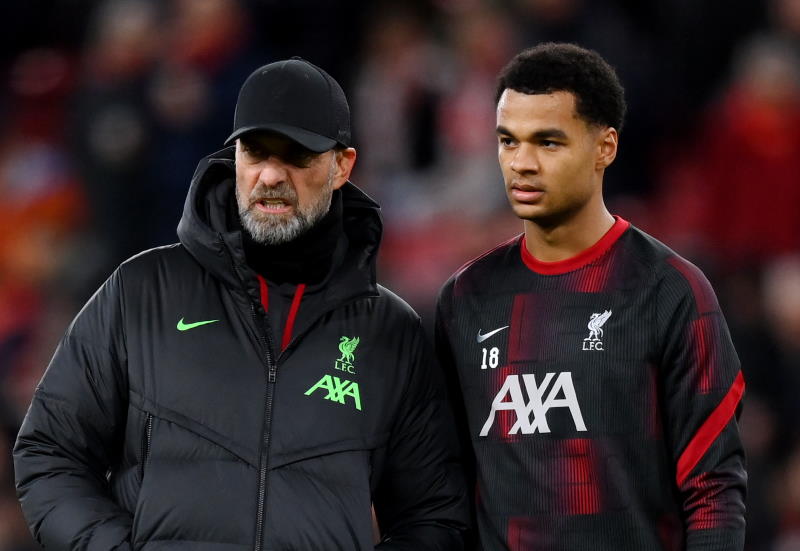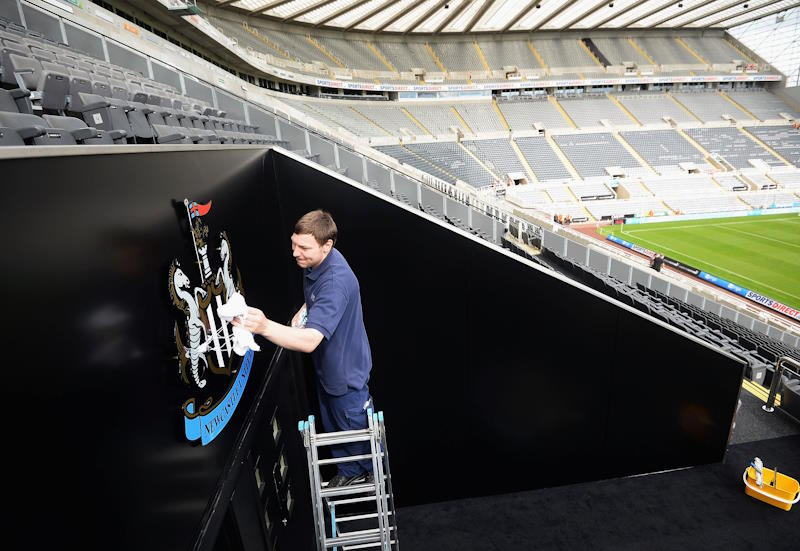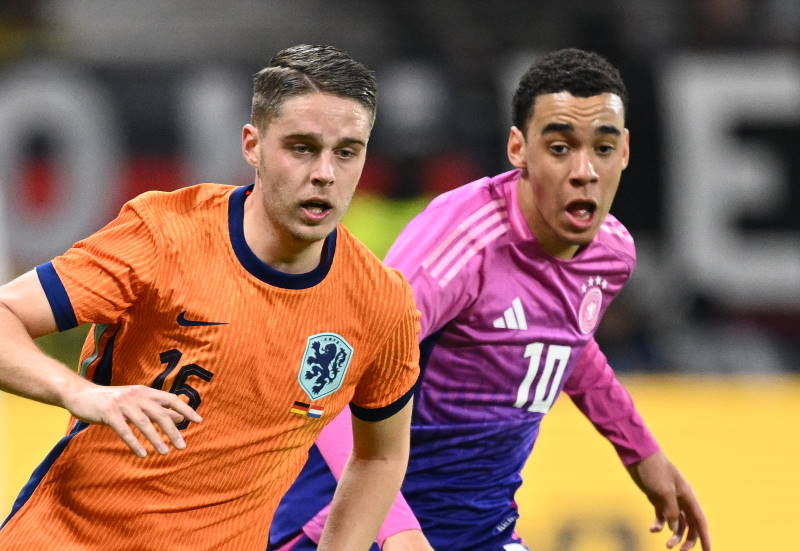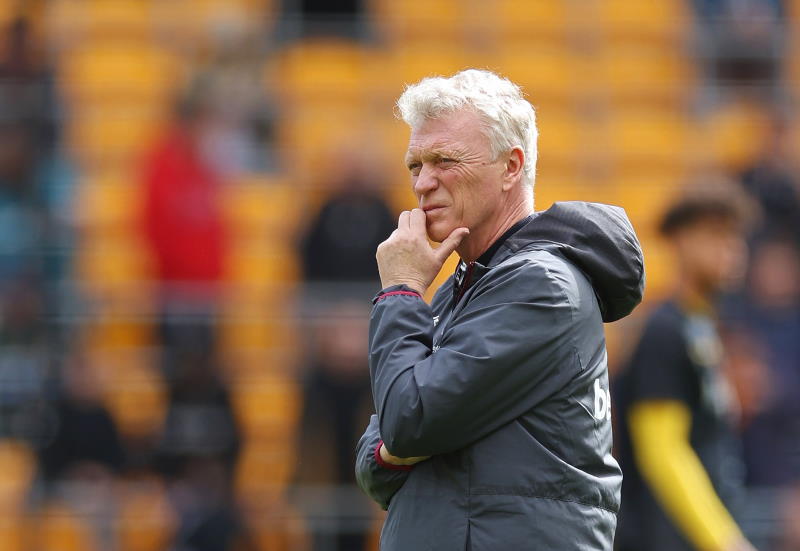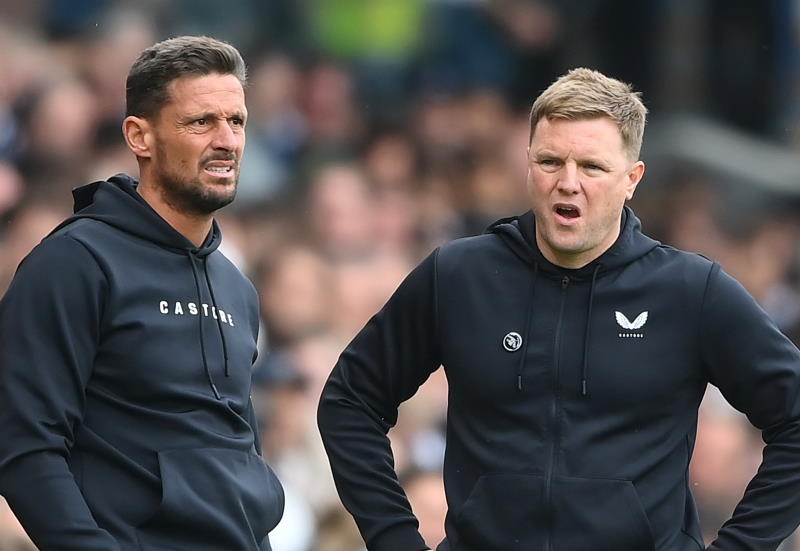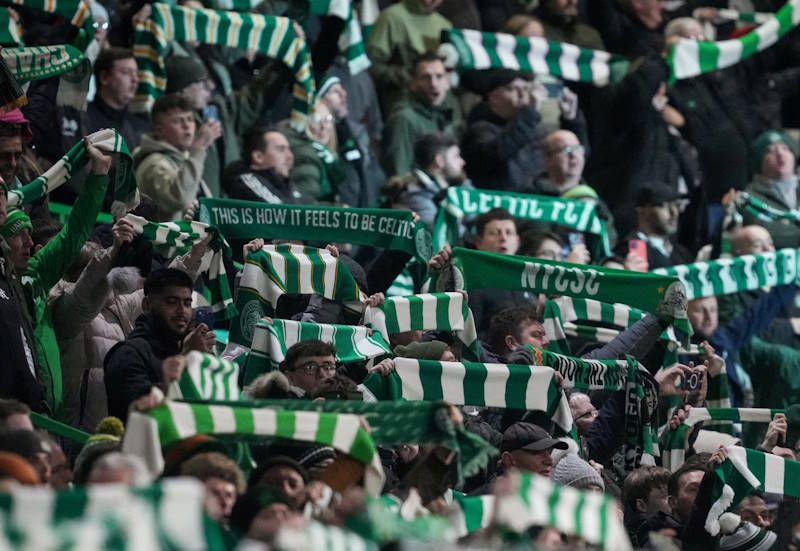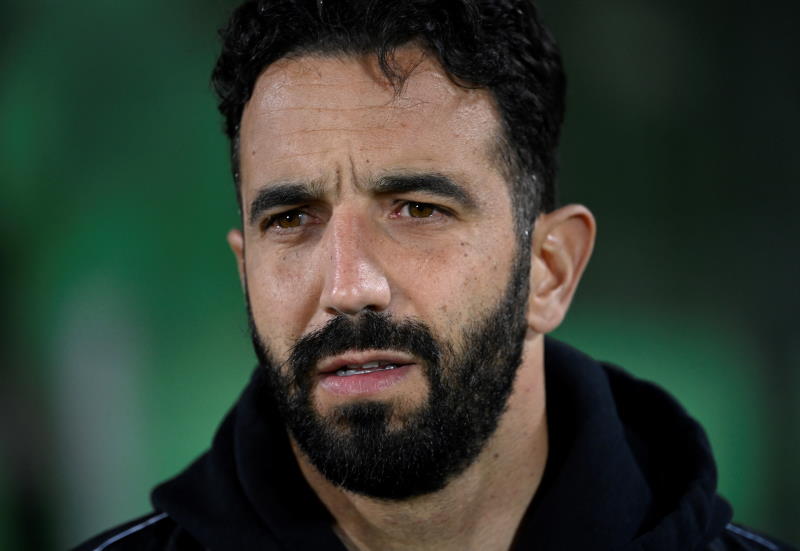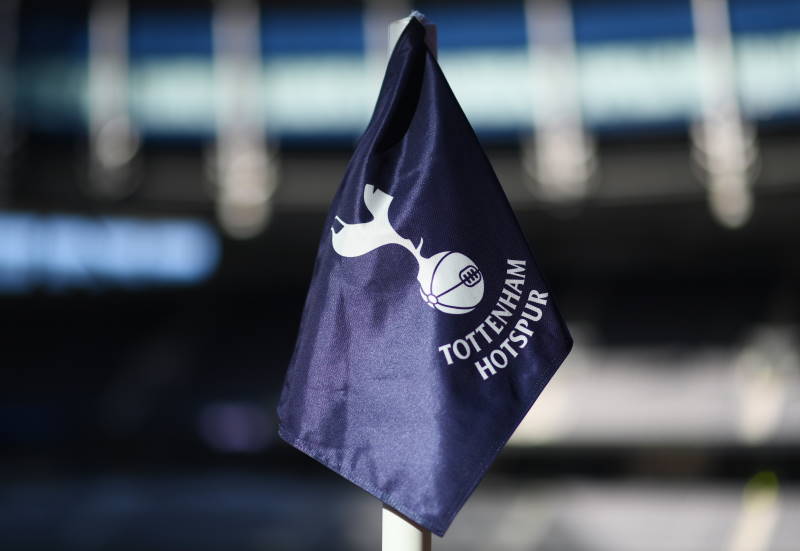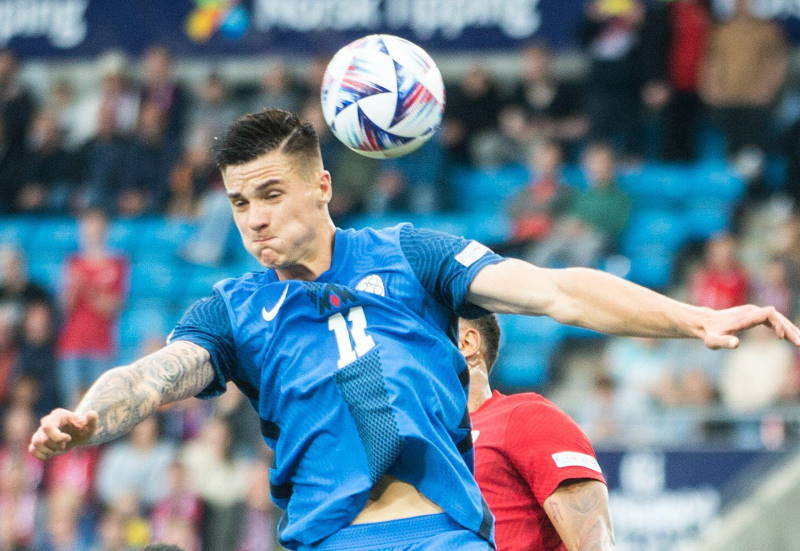
Allen Hamilton
Managers around the world are continually searching for the unique formula that will lead to a sustained period of dominance, complete with a trophy cabinet full of silverware. It requires a delicate balance of personalities, varied skill sets and flexible tactics – but, once that code has been cracked, good things usually follow. Just ask Sir Alex Ferguson, Jose Mourinho, Pep Guardiola and numerous others.
Yet the case of Arsene Wenger is more complex. The Frenchman uncovered the formula, assembled the key ingredients and oversaw some of the finest teams to grace English football over the past century. His champions in 1998, 2002 and 2004 were powerhouse teams – rugid, ruthless and exquisite in equal measure. There were leaders, intimidating physical presences and gifted playmakers all working in harmony.
But after cracking the code and tasting such success, Wenger has seemingly torn up that recipe, or perhaps he stored it at the back of the closet and forgot about it. Instead, he continues to put all his chips on an attractive playing style – built around diminutive stars at the expense of steel and muscle – that brings moments of genius but provides no guarantees of end product, results or trophies.
It is all the more surprising given that Wenger’s rise, from Nancy to Monaco and later to Arsenal, owed much to his meticulous preparation and his deep knowledge of the game. He was dubbed “The Professor” and there are countless stories showcasing his devotion to his craft at the expense of all else.
That tactical nous has been a fading force in recent years though, as he continues to ignore glaring weaknesses summer after summer. Chief among them is the need for a dominant holding midfielder (think Patrick Vieira circa 2002) – plugging that hole with Mathieu Flamini is not the answer, especially when compared with Nemanja Matic, Fernandinho, Steven Gerrard and some of the fine anchormen that the Gunners face in the Champions League. Yet Wenger has preferred either to keep the chequebook closed or to splash out on talismanic attacking talents.
And that approach is not working. Mesut Ozil has developed a habit of disappearing in big games, Theo Walcott is forever on the treatment table and Alexis Sanchez needs more time to adjust to the Premier League. Wenger has a glut of very similar players – small, skillful, speedy – but too many of them go missing when it really counts. Plus, how does the Gunners boss fit Ozil, Walcott, Sanchez, Santi Cazorla, Aaron Ramsey, Jack Wilshere, Mikel Arteta, Alex Oxlade-Chamberlain and Flamini into his midfield? On the other hand, his options when it comes to defenders and out-and-out strikers are limited. As a result, the Gunners struggle to adjust in-game, especially against their fellow title hopefuls.
And where are the leaders? Again, it is easy to recall that Arsenal team in 1998 with Tony Adams, Martin Keown, Lee Dixon, Vieira, Emmanuel Petit… the list goes on. In 2002 and 2004, Wenger could again count on experienced stars who knew what it took to win big games and, in turn, major trophies. Arteta and Per Mertesacker seem questionable choices to be the heart and soul of a squad chasing trophies on four fronts – but Wenger has no one else to turn to.
What about the game plan? Against Chelsea, the Gunners enjoyed plenty of possession but it led nowhere. They worked the ball from side to side, waiting for something to open up – and Chelsea were only too happy to soak up that pressure, with little penetration to worry about. This is a trend – top class passing and movement; no killer instinct. Ask Hull City's Steve Bruce, bemoaning not leaving the Emirates with three points after a late, late Arsenal equaliser meant a 2-2 draw. For all the Gunners' possession, Hull were not begging for mercy.
Wenger has tough decisions ahead. The Gunners are good enough to finish in the top four but all the signs suggest that they lack the leadership, mental strength and tactical flexibility to put together a real push for the Premier League title. Is it too late for the Frenchman to tear up the current script and rediscover the old formula? On the balance of the past few years, the answer appears to be yes. Wenger’s swoops for Ozil and Sanchez confirmed the growing belief that he is focused on winning on his terms and with his style of play.
Games against Sunderland and Burnley may paper over the cracks at the Emirates, but clashes with Manchester United and Liverpool before the New Year will be better measuring sticks. For all the talk about Manchester United’s poor start, Arsenal sit level with the Red Devils and whopping eleven points off leaders Chelsea.
If one moment from the Gunners’ recent 2-0 defeat at Chelsea told the full story, it was Wenger’s shove on Mourinho on the touchline. The frustration has been building with every passing year that Arsenal miss out on the big trophies – and his Chelsea counterpart has enjoyed no shortage of success while employing an approach that is the polar opposite to Wenger’s purist philosophies.
Mourinho famously called Wenger “a specialist in failure” last season. That statement was unnecessary and overlooks all the Frenchman’s success in north London – but it increasingly looks as though Wenger’s Gunners are ill-equipped to make “The Special One” eat his words.

